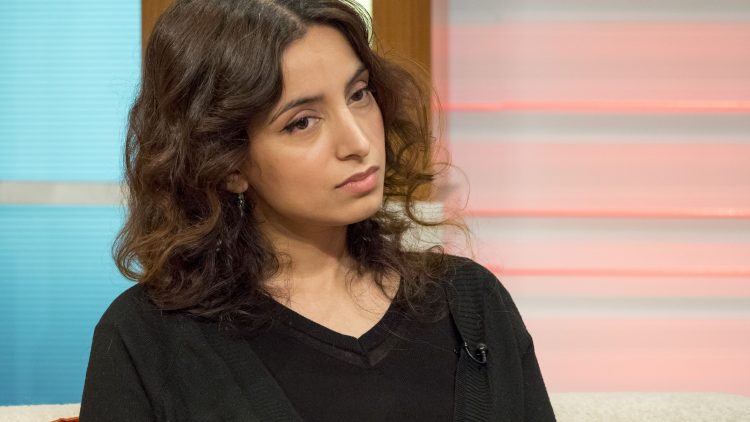
What We Can Learn from Filmmaker Deeyah Khan’s Tough Questions About Radicalisation
The Norwegian filmmaker and human rights activist Deeyah Khan’s article in the Guardian this week explored some hard-hitting questions about how to combat radicalisation.
Khan, who is of Punjabi/Pashtun descent, starts her piece by posing the question: ‘How are we to understand what drives some Muslim men towards radicalisation?’ It was written in response to a recent documentary, made by Khan and her team, called ‘Jihad’. In the film, she speaks directly with former extremists.
She writes of meeting radicalised young men and women who often had a history of trauma, feelings of powerlessness and vulnerability, who were lured into a new life of extremism through false promises of purpose, belonging and camaraderie by terror groups.
One of Khan’s most prominent points discusses the ‘black and white’ simplistic narrative of terror groups such as Daesh – the divisive ‘them and us’ concept which can prey on the vulnerabilities of some young people and groom them into feeling they have no identity in Britain and would be better off fighting against the west.
Of course, the ‘grey zone’ exists. The path to radicalisation can be complex and spotting the signs is not an exact science. In the middle of ‘black and white’ are most of us, getting on with our lives in the grey zone. It’s when someone we know veers into either ‘black’ or ‘white’ that we are right to be concerned.
Khan explores what we as, a society, but also within our communities and right down to our own families, can and should do to combat radicalisation. She writes: “We need to build communication between the groups, to foster understandings through our dialogue, through art, our poetry, our songs: our shared understandings of what it is to be human.”
Communication is key. At FAST, we have worked with many families who have experienced radicalisation. It is vital that we all foster an environment in the home where conversation can happen about topics such as radicalisation or extremist views. The family can serve as a united group and a safe space – but sometimes we must shape how this works and make efforts to open up dialogue. In time, we can create a sense of it being OK to speak about challenging or sensitive issues without discomfort or being forced to do so.
Khan writes about the importance of offering young people hope and security. The best place in which we can form this is within the family. If we educate ourselves as parents about some of the causes of radicalisation and how to spot the signs, we feel better equipped to speak with our children about these issues and use the right language.
There are wider issues that need to be addressed on a political and societal level, as Khan points out. However, one of the most effective ways to prevent our children succumbing to extremist views is to form a strong family unit and ensure we are well informed and ready to speak openly about it.
Together, we can combat radicalisation. And it can start right inside our homes.
